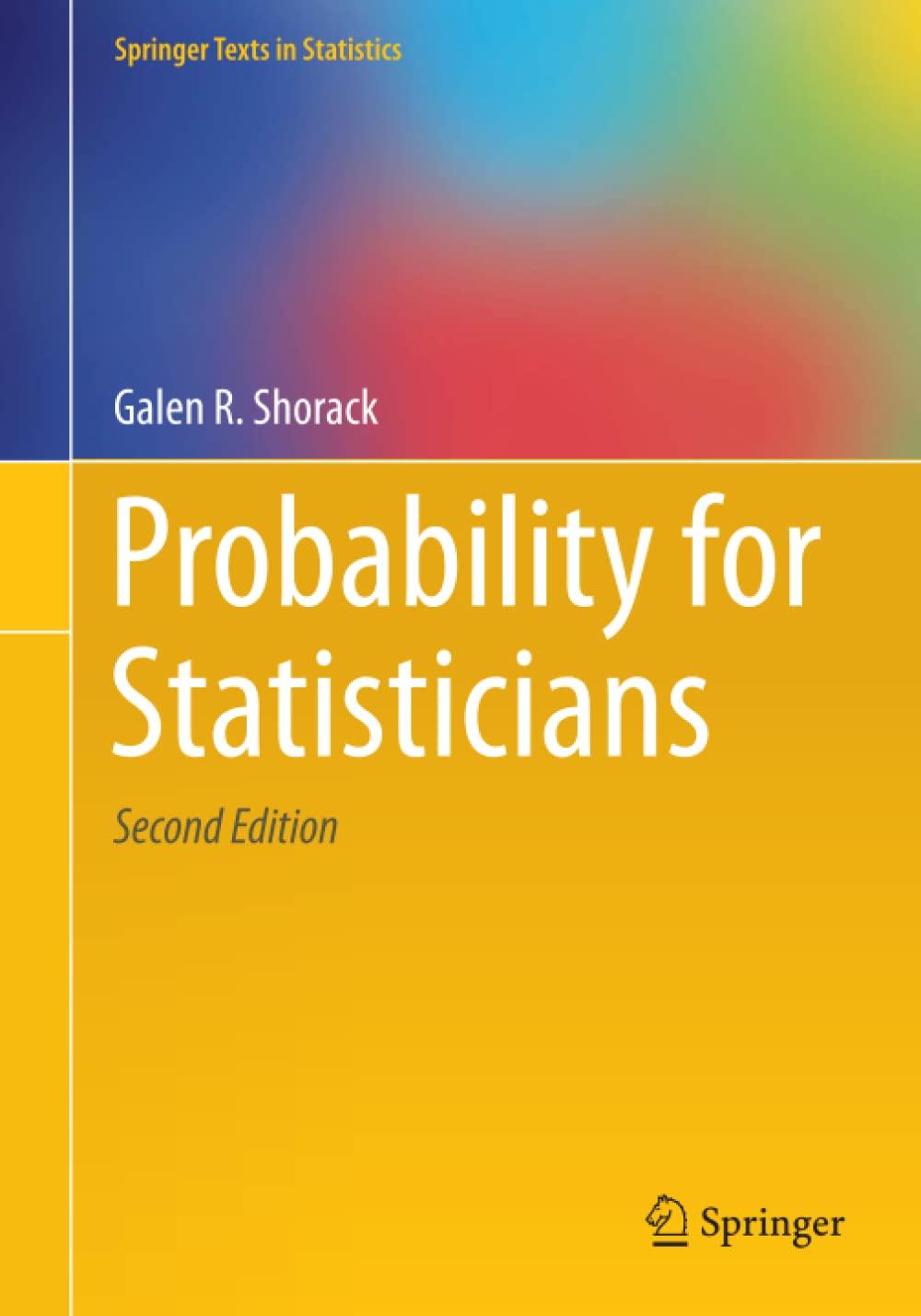Notwithstanding any actions that the State may take to respond to urgent situations, the Court orders the
Question:
Notwithstanding any actions that the State may take to respond to urgent situations, the Court orders the State, within six months of notification of this judgment, to submit a report to the Court identifying, from among all the individuals who are members of the indigenous communities victims, critical situations of lack of access to drinking water or to food that could endanger their health or their life, and to draw up an action plan establishing the actions that the State will take, which must be appropriate to respond adequately to such critical situations, indicating the implementation timetable. The State must begin to implement the actions set out in the action plan as soon as this has been submitted to the Court. The Court will transmit the said report to the Commission and the representatives so that they may forward any comments they deem pertinent. Based on the opinions of the parties and the Commission, the Court will evaluate whether this report and action plan are adequate and meet the terms of this judgment, and may require that they be completed or expanded. The Court will monitor the implementation of the respective actions until it considers that it has sufficient information to consider that this measure of reparation has been completed.
QUESTIONS:-
1. What are the differences between the regimes for state responsibility and civil liability for environmental harm?
2. Critically assess the Nicaragua v. Costa Rica decision as it concerns state responsibility for environmental damage.
3. Identify the main principles underlying civil liability regimes.
Step by Step Answer:






